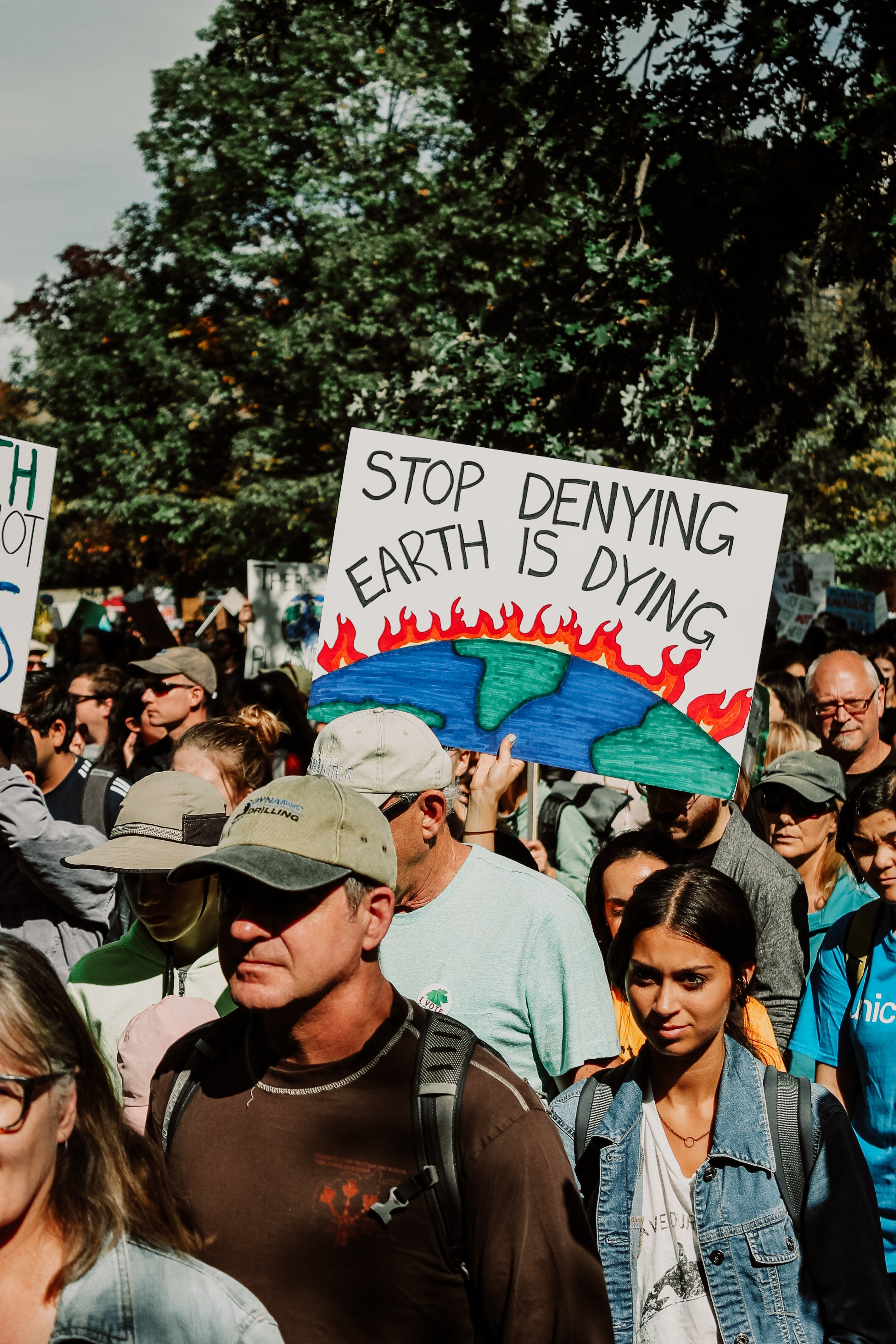4 Things That May Help You Live a Little More Sustainably

Can’t stand the heat? Me neither, besties. Although it is pretty obvious that this is all a result of global warming and that it will only get warmer from here, the rate at which it gets hotter depends on us. So here are 4 things to act on, that can actually help slow down global warming.
One: Understanding expiration dates
I’m sure you’ve seen or heard phrases like “Use By” and “Best Before”. Honestly, I’ve only just found out the difference between those two.
“Use By” is commonly found on foods like dairy products that must be consumed days prior or on the date itself – any time after and it’s not safe to be eaten. Whereas “Best Before”, found on foods like bread and dry pasta gives you a gauge of the period it takes before the food loses its quality.
Remember that the safety of a food product is not solely dependent on its expiration date. Food products that are improperly stored or handled can also pose a health risk. Make sure you check for signs of spoilage before consuming anything!
Two: Eat less red meat
Cow belches are killing the planet and I swear I thought they were pulling my leg with this but it’s true. Methane (a chemical found in cow belches and farts) traps more heat from the sun than carbon dioxide albeit it doesn’t last too long in the air. Even so, it is mainly dependent on the number of animals, their digestive system, and how much they eat that determines the amount of methane emitted.
I promise, you do not need to eat red meat and at the same time you surely do not have to turn vegan. Dr Hu has said in an article on Harvard Health Publishing that it’s not necessary to eat red meat to get the essential nutrients. "You can get the same amounts — and in some cases even more — from poultry, fish, eggs, and nuts, and as well as by following a plant-based diet."
Totally cutting out red meat from your diet may pose as a challenge to some so maybe try reducing the amount you consume! If we all make it a habit, it will most likely lead to a decrease in its demand and a corresponding reduction in greenhouse gas emissions.
Three: Walk more
Not only does walking result in long term benefits for the environment, it’s also good for our physical and mental health because who doesn’t need endorphins flowing through them to survive the day?
Many of us live in urban areas, which means that there’s a hefty reliance on motor vehicles. By choosing to decrease the need to take vehicles everywhere and instead taking a hot girl walk to the grocery store or on any short trips, we can directly influence the reduction of air pollution resulting in better air quality.
Four: Use eco-friendly sunscreen when going into the water
Chemicals like Oxybenzone and Octinoxate, amongst the many other chemicals that do harm to our reefs absorb UV light and are commonly found in sunscreens. Good for us because it turns the rays into harmless heat on our skin but bad for the reefs because once these chemicals come into contact with water, even a low concentration can bleach corals, cause deformities, hurt them and other marine life.
Luckily though, more brands are coming up with ocean and reef-safe sunscreens that protect both our skin and the environment. Keep in mind that choosing eco friendly packaging (like our deos) help too!
Social action is contagious! If many of us start implementing these tiny habits into our daily routines and having constructive conversations, others are most likely to be influenced to do the same. In return, these changes will demand a shift in the industry to push towards a better future. There are many things we can’t control. But what we can control, we can start right now.
References
NOAA. (2021, October 11). Skincare Chemicals and Coral Reefs . Retrieved from National Ocean Service Web site: https://oceanservice.noaa.gov/news/sunscreen-corals.html
Best before, use by and sell by dates explained. (2021, September 12). Retrieved from EUFIC Web site: https://www.eufic.org/en/food-safety/article/best-before-use-by-and-sell-by-dates-explained
Calvin Woodword, S. B. (2019, April 29). AP FACT CHECK: Unraveling the mystery of whether cows fart. Retrieved from AP News Web site: https://apnews.com/article/north-america-ap-top-news-mitch-mcconnell-climate-change-politics-9791f1f85808409e93a1abc8b98531d5
What’s the beef with red meat? (2021, February 1). Retrieved from Harvard Health Publishing Web site: https://www.health.harvard.edu/staying-healthy/whats-the-beef-with-red-meat


